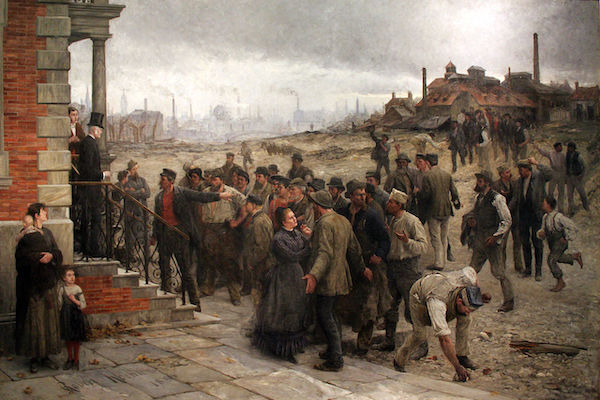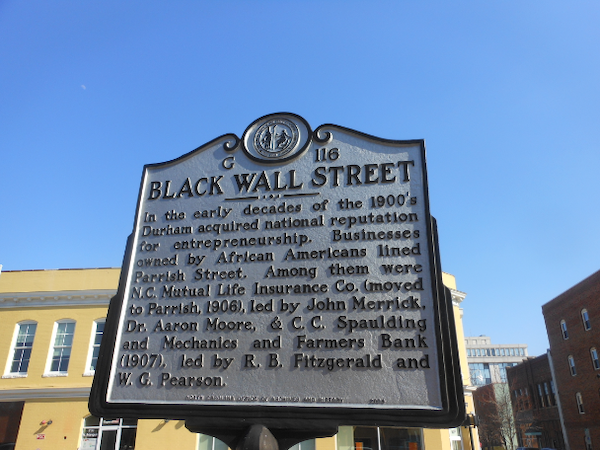
In contemporary economic textbooks, the value of any good is nothing more than its prevailing market price. This definition seems self-evident, but it stands in sharp contrast to the classical political economy of Adam Smith and David Ricardo, who located value in objective factors of production which remain hidden beneath the surface of market prices.
It was only in the late nineteenth century, when the notion of marginal utility was first introduced into economics, that value became tied to the preferences of consumers as reflected in market prices.
While economic categories such as “value”, “market” or “price” are often taken for granted, sociologists have long recognized that they are neither eternal nor natural. As Marx never tired of emphasizing, economic categories are “theoretical expressions” of concrete social and economic conditions, and they “show the historic foundation from which they are abstracted.”
What remains less clear is how these categories ‘show’ their historic foundations. How are changes in these foundations – in terms of the economic structure of society and the specific social location from which they are perceived – registered in the dominant categories of economic thought?
Continue Reading…



